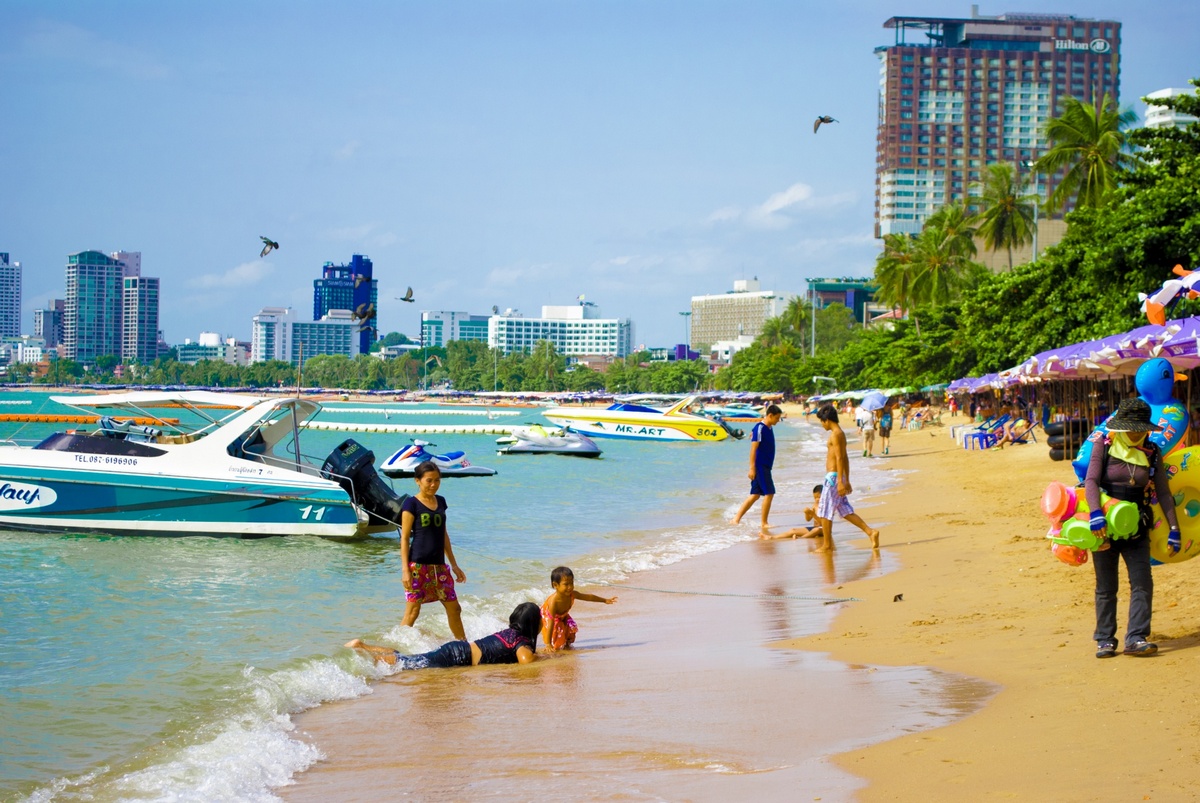New rules developed, but not yet implemented in the tourist city of Pattaya in Thailand, may completely discourage tourists, especially divers, from approaching the sea. According to the changes initiated by the authorities, firstly, special routes were developed for underwater walks – you should move strictly along them, without deviations. Secondly, it is necessary to walk on the bottom so as not to raise the sediment.
Last week, the resort town of Pattaya developed several new rules for seafaring tourists, i.e. divers, to protect its coral reefs, The Thaiger reported. If the rules go into effect, they will create codified underwater areas where divers can walk. If possible, these areas should be free of corals. If it is not possible to create entire zones without corals, divers will not be allowed to approach closer than five meters to the reef.
Another rule states that sea travelers should not raise sediment while walking on the bottom, despite the fact that it is impossible to do so. This is how the authorities are trying to rehabilitate the populations of some animals. It will be recalled that the development of these rules began last year after photos of tourists moving fragile corals in the waters near Koh Larn Island in Pattaya went viral.
At the same time, the director of the Office for the Conservation of Marine Resources noted that if the changes are implemented, they may completely discourage tourists from going on sea trips in general. Time will tell if officials can come up with a way to protect marine flora and fauna and preserve boating as an activity.
Thai officials have made various efforts to protect Pattaya’s marine life after damage to coral reefs. In June this year, government authorities placed 300 sets of artificial reefs around the popular islands of Koh Larn and Koh Sak. Pattaya Deputy Permanent Secretary Kiattisak Srivongchai noted that the coral reef of the island was particularly affected by people who did not protect the underwater property and walked on it. After the reefs were installed, a large shoal of ornamental fish and fry happily moved into their new home, Kiattisak said.
Background: Coral reefs are not only a home for marine animals, but also help clean coastal waters of pollution. Many corals and sponges are natural filters that absorb solid particles from the water – those that do not dissolve in water and pollutants. Thus, these particles do not settle to the bottom of the ocean and do not pollute it with harmful substances.

